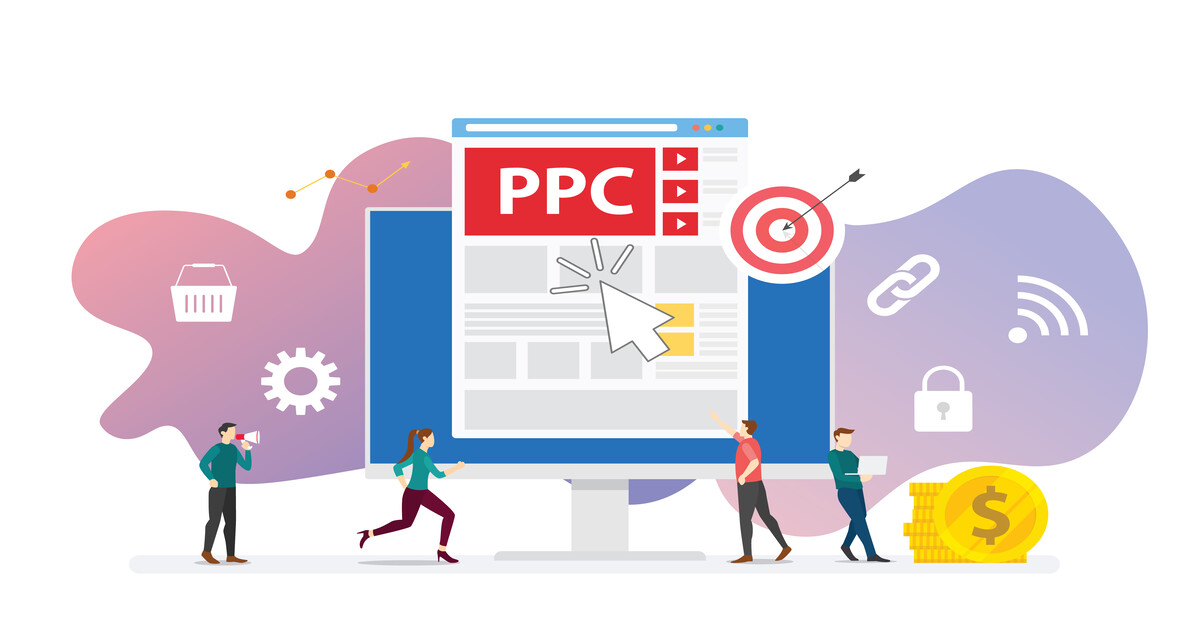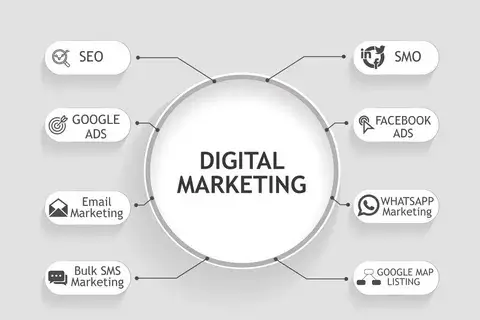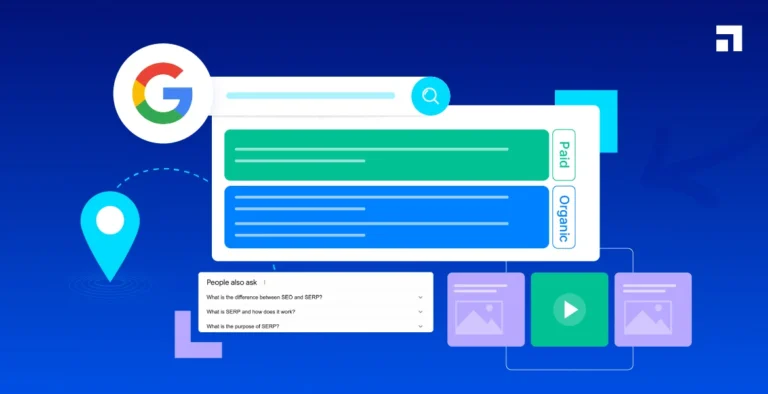Google Ads, once called Google AdWords, is an online platform by Google for advertising. Advertisers pay to show short ads, services, products, videos, or get app installs to people browsing the web.
When someone searches something on Google, they see certain websites at the top with “Sponsored” written alongside, indicating that Google is sponsoring those websites. Google charges the website owner based on keywords.
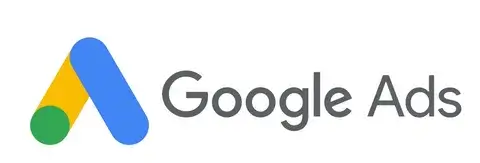
For example, the owner will have different prices for the keywords on which they run their ads. The business owner has to pay Google for each click.
We call this action of Paying Per Click PPC (Pay Per Click).
Using Google Ads is essential for businesses wanting to grow online and connect with their audience. But simply creating campaigns isn’t enough to get the best results.
To really make the most of Google Ads and get a good return on investment (ROI), businesses have to use smart strategies that make sure their ads are working well.
Advanced Strategies for Maximizing ROI
Improve your Google Ads campaigns with advanced strategies to get better results. Try different keywords, test ads, and target specific groups to make your ads more effective.
Get more from your investment. Learn how to make your Google Ads Campaigns even better.
Advanced Keyword Targeting
Advanced keyword targeting means work deeper into keyword research. The aim is to find specific terms and long-tail keywords that fit your products or services well.
For example, instead of using broad terms like “shoes,” try more specific ones like “running shoes for women.” This helps your ads reach people who are more likely to buy.
It makes your Google Ads campaigns work better.
Ad Extensions Utilization
Ad extensions are extra bits of info that make your ads better and more useful.
For example, with sitelink extensions, you can show specific pages on your website, like product categories or deals. Callout extensions can point out special features or benefits.
Using these extensions makes your ads more interesting and helpful, which boosts how well they work.
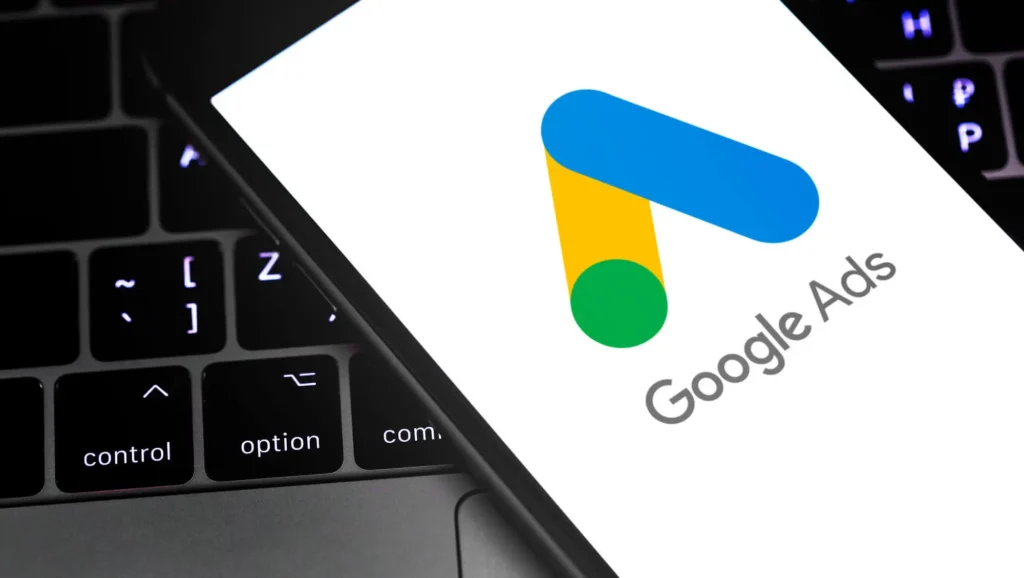
Ad Schedule Optimization
Ad schedule optimization means figuring out the best times to show your ads to your target audience. For example, if you have a restaurant, you might want to bid more for ads during busy dining hours or on weekends.
By looking at data and changing your ads schedule. You can make sure your ads appear when potential customers are most likely to see them.
This helps your campaign work better and gives you more return on investment (ROI)
Audience Targeting Refinement
Making your audience targeting more accurate means aiming at particular groups of people who really want what you’re offering.
For example, if you sell fitness equipment, you might focus on fitness fans or those who care about staying healthy.
This makes sure your ads reach the right people. Boosting the chances of making sales and making your Google Ads campaigns work better.
Dynamic Ad Customization
Dynamic ad customization means making ads that change their content based on what the user does or where they are.
For example, an online store might show different products to people based on what they’ve looked at before or bought already.
By doing this, you can send more personalized messages to your audience. Which gets them more interested and makes them more likely to buy.
Conversion Tracking and Optimization
Conversion tracking and optimization mean keeping an eye on what people do after they click your ads. Then making your ads better to get more of those actions.
For example, you can use conversion tracking to watch purchases, sign-ups, or other things people do on your website.
By looking at this data and tweaking your ads, you can make them work better and get more out of your investment.
Ad Placement Optimization
Ad placement optimization means choosing the best spots to show your ads on the Google network.
For example, you can decide to put your ads on certain websites, in mobile apps, or in search results. By analyzing the performance of each spot and adjusting your settings.
You can ensure that your ads appear where they will receive the most visibility, making them more effective.
Analyzing and Monitoring Campaign Performance
Regularly checking how your campaigns are doing means looking at important numbers and info. To see how well your ads are working.
Additionally, this includes things like how many people click on your ads, how many of them actually do what you want, and how much it costs you to get each new customer.
By paying attention to these details, advertisers can see what’s going well and what needs fixing. Consequently, this helps them make smart choices and improve their strategies for better results. Ultimately, ensuring that your Google Ads campaigns are always optimized to perform their best is the focus.
Conclusion
In short, it’s really important to use advanced strategies to make your Google Ads work better for online advertising success. Focus on key things like choosing the best keywords, trying out different ad versions, aiming at the right audience, and always fine-tuning your approach.
These steps help businesses boost how well their campaigns do and get more from their investment. By planning carefully, adjusting strategies based on what works, and keeping up with industry trends. Advertisers can make the most of Google Ads and reach their marketing goals in the long run.





